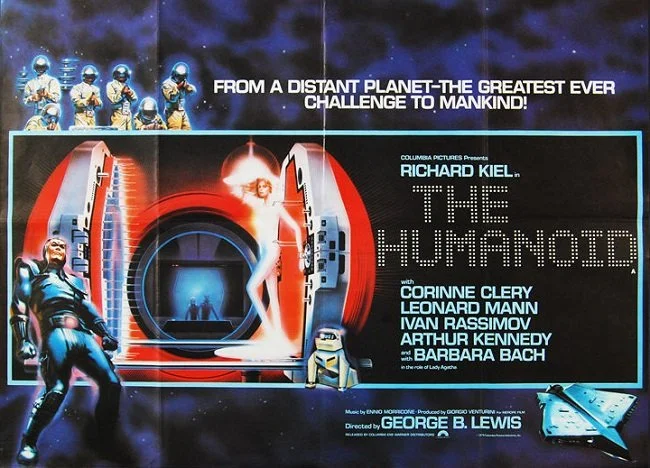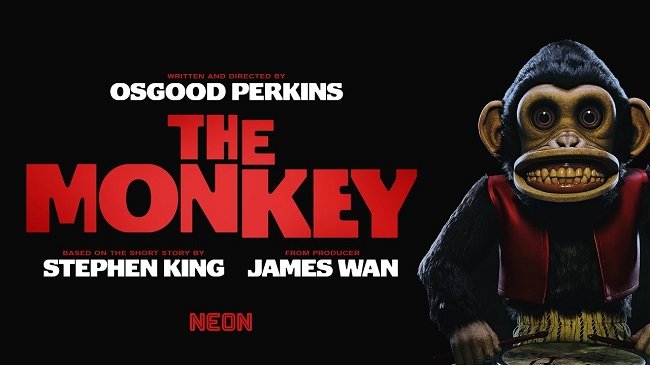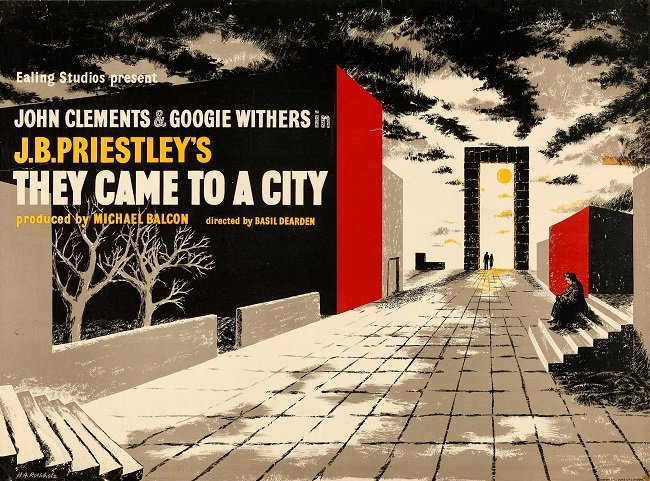The Purge (2013)
Despite having a very interesting premise, The Purge squanders its potential early on in the proceedings, leaving viewers with a rather turgid and formulaic home invasion movie. Written and directed by James DeMonaco, the film touches upon many themes and ideas that could have been developed into a more cerebral and thrilling experience. Sadly, The Purge quickly loses the audience as the main characters makes illogical decisions and test viewers “suspension of disbelief”. Rather than exploring the social and moral implications of its core idea, the production opts for clichéd jumps scares and a smattering of violence. The Purge is ultimately more of a frustrating movie than a bad one, which is all the more annoying.
In the near future, the United States government sanctions a yearly, twelve hours “Purge” in which all crimes are legal. Effectively this is an officially endorsed crime spree in which anything goes and the emergency services take a back seat. Home security consultant (Ethan Hawke) hopes to wait out the purge with his wife Mary (Lena Headey), teen daughter Zoey (Adelaide Kane), and young son Charlie (Max Burkholder) from the comfort of their secure home. However, after their son allows a stranger (Edwin Hodge) into their house, the family find themselves under siege from a masked man (Rhys Wakefield) and his armed gang, who demand that the stranger is handed over to them. Tension mounts as does the body count when the family opts to protect their “guest” and defend their home.
There are so many themes and ideas that are ripe for exploration and exposition in The Purge. How exactly has the US reached this point? What is the political landscape of the time like? Is there some sort of ethical, philosophical or even religious element to this state sanctioned purge? What is the social fallout of such an event? Alas none of ideas feature in the screenplay which is rife with plot holes and inconsistencies. For example, why doesn’t the home security system have a standby generator? Would it not be easier to take your family on a vacation outside of the US for the period of the purge? Also, if this twelve-hour window of lawlessness still has rules, who enforces them and how?
It is quite shocking how so many movies seem to lose their way narratively speaking these days. Is this due to screenwriters having to continuously revise their material to satisfy the whims of producers and focus groups? Or is it simply a question that there are too many bad writers who have a poor grasp of the mechanics of cinema? Either way it all too often results in a movie with major flaws. In the case of The Purge, it main problem is that the central characters are just not particularly likeable. Without any emotional connection why should audiences care? Indifference hardly makes for an entertaining cinematic experience?




























